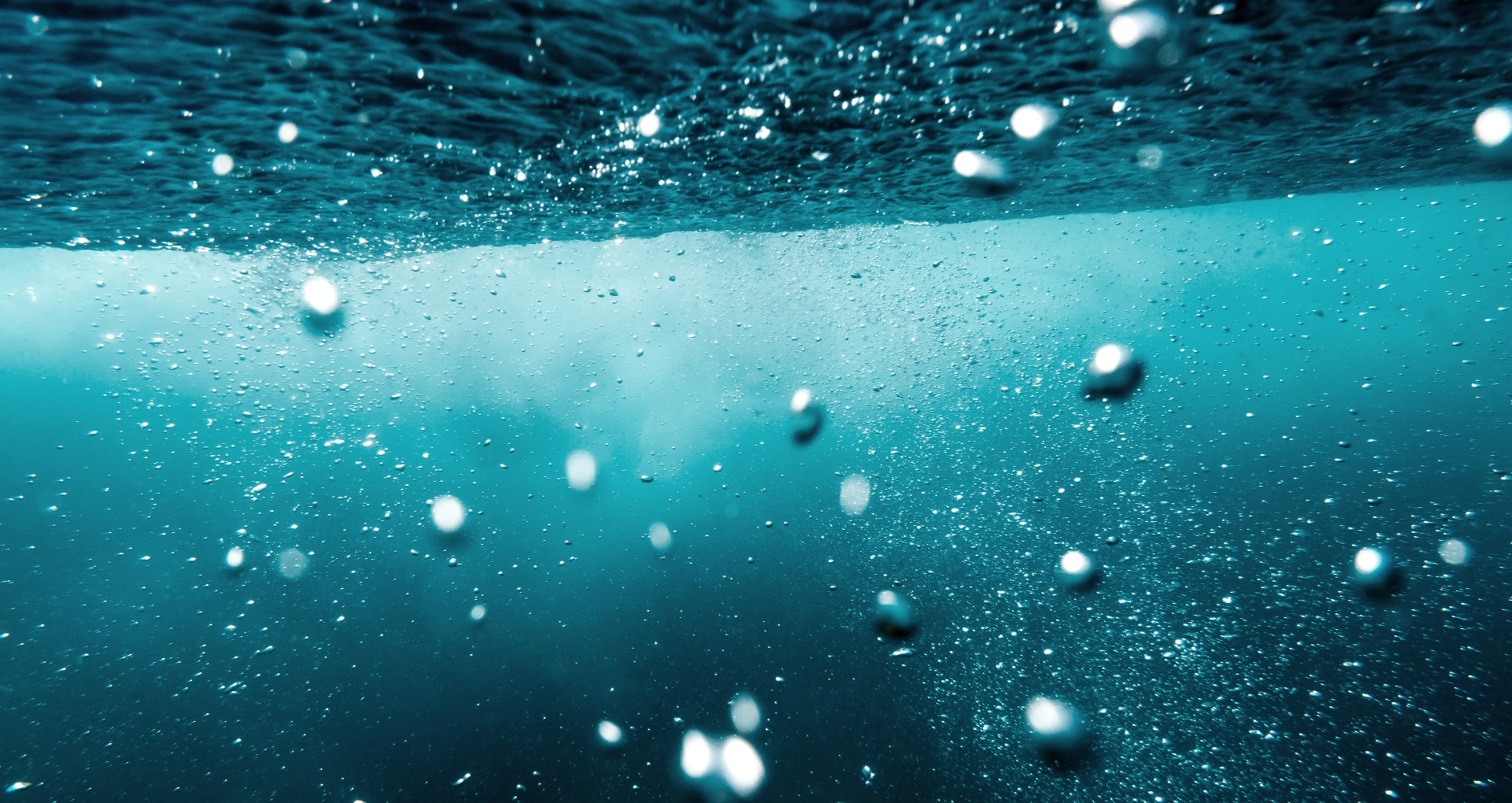
Next Generation Multiplatform Ocean Observing Technologies for
Research
Infrastructures
GEORGE is a Horizon Europe-funded project that develops
novel
technologies to improve ocean observations. The technologies developed
will represent the next level
in systematic long-term autonomous ocean
observations.
Novel technologies
Operational models for next-generation, high-precision sensors and platform technology for monitoring the ocean carbon system. Simple and energy-efficient, ready for the market.
Integrated ocean data
Fully integrated carbon observing systems across European marine research infrastructures, enabling better data to support science and decision-making.
Online training platform
Easy-to-use online training platform, offering training for technical staff to enable them to operate seamlessly across research infrastructures.

GEORGE brings together 28 leading partners from academia and industry alike, including three research infrastructures: EMSO ERIC, Euro-Argo ERIC and ICOS ERIC. Together these three ERICs cover the whole expanse of European marine waters.
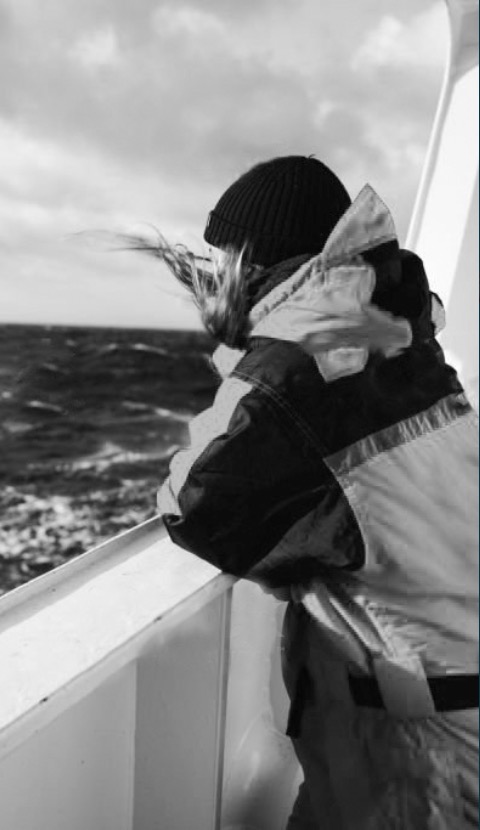

For scientists
The new sensor and platform technologies developed by GEORGE can dramatically enhance the coverage, continuity and spatiotemporal resolution of marine observations. The new sensors are able to reach parts of the ocean that are currently inaccessible, such as polar areas, the deep sea and areas outside of commercial shipping routes. GEORGE will also enable scientists and research technicians to test the new instruments and take part in online training.
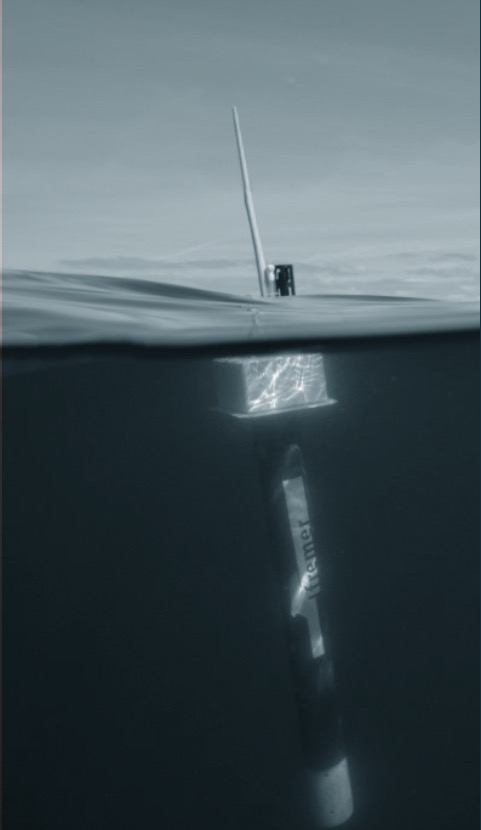

For industry
GEORGE is a powerful collaboration of academic and industry partners. The project's expert team develops sensor technology that can be integrated into floats, moorings and ships and used for high-precision, accurate measurements of ocean carbon systems. The goal is to develop five new sensors past the technology readiness level to be commercially produced.
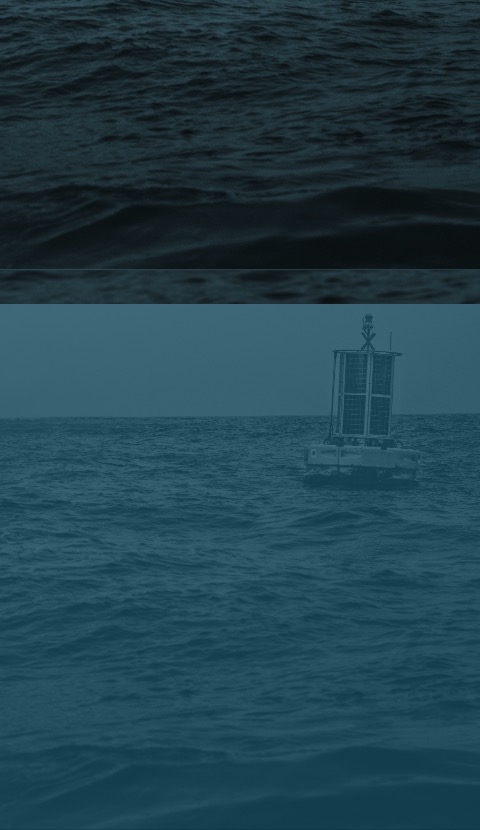

For policy makers
GEORGE aims to provide policymakers with high-quality and reliable scientific data on the ocean’s condition. This data will help them make quick and informed decisions on how to adapt to climate change and reduce its impacts. The project will also enhance the competitiveness of European industries that produce and supply ocean observation equipment and technology.
News & Events
-
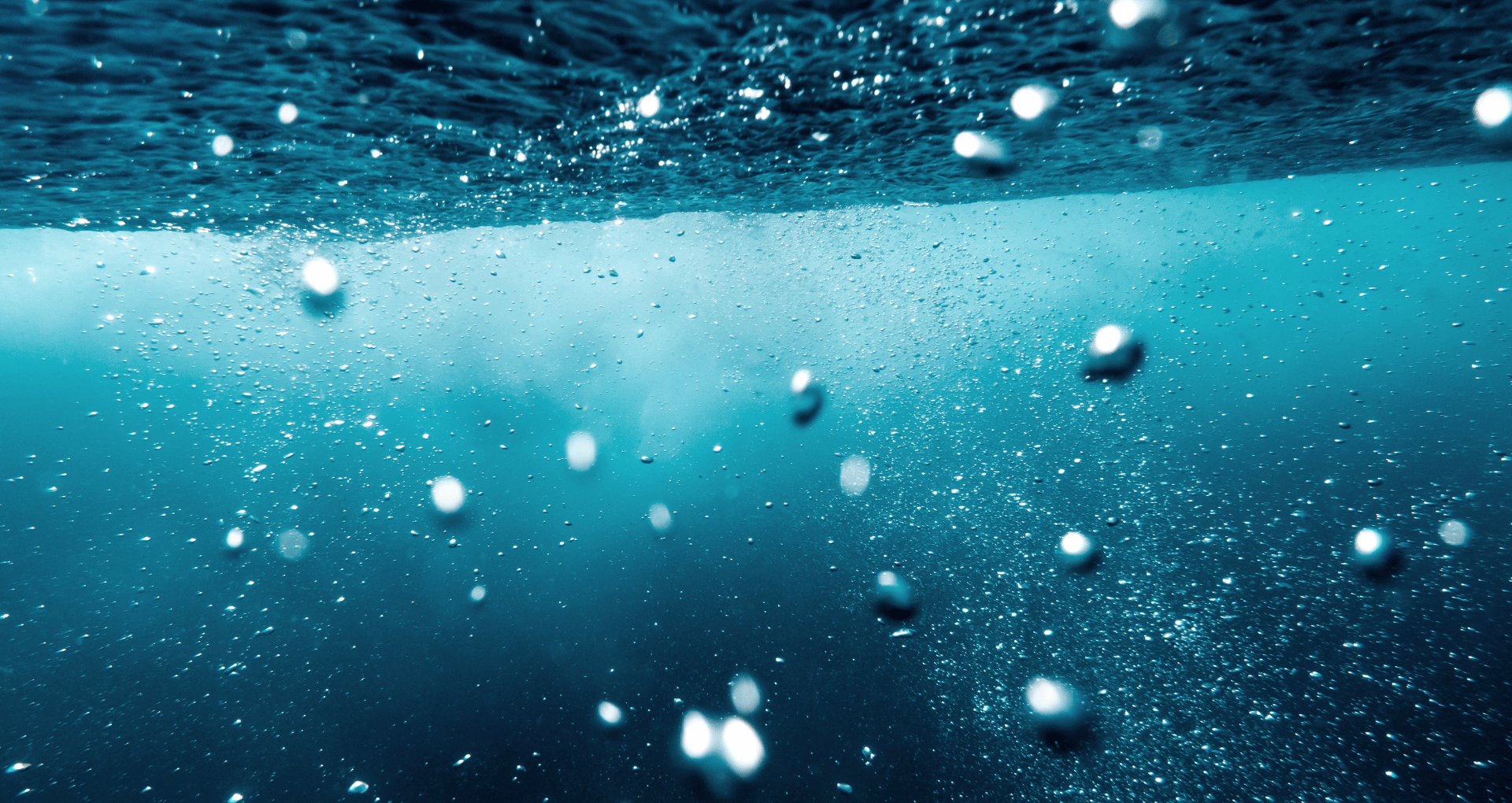
GEORGE at Ocean Sciences Meeting 2026
GEORGE will be present at the Ocean Sciences Meeting in Glasgow, Scotland 22-27 February 2026. Below is a summary of GEORGE-related presentations. ED14A-0007: Demonstrating the optimisation of cosmopolitan sampling using Copernicus forecasts, virtual surveys, and a simplified genetic algorithm approach Time and DateMon, Feb 234:00pm – 6:00pm (GMT) FormatPoster(Board 0007, Hall 4 (Poster Hall))ED14A-0007 Presenting
-
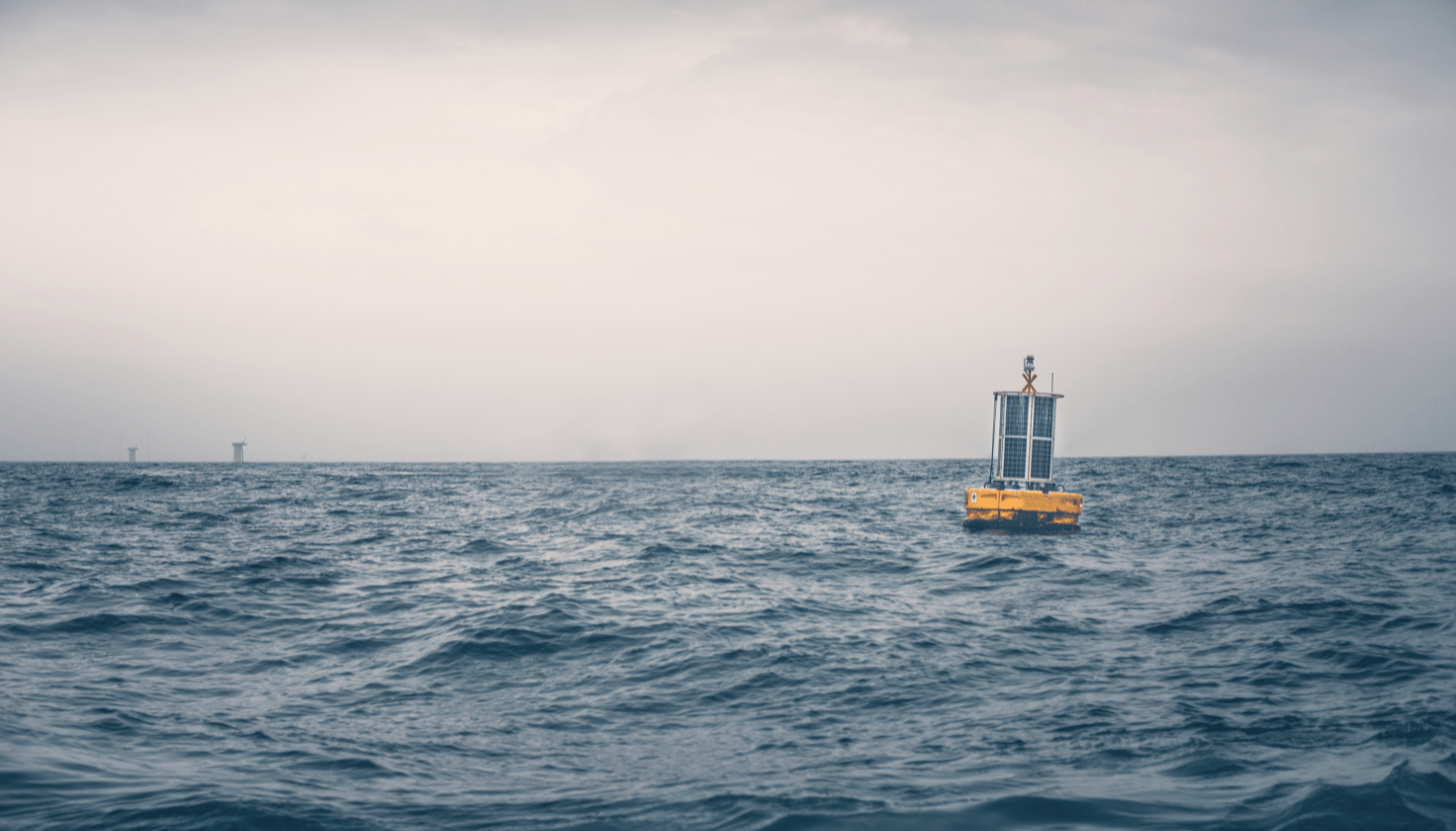
GEORGE contributes to the European Digital Twin of the Ocean by improving data quality at source
The European Digital Twin of the Ocean (EU DTO) is a flagship initiative by the European Commission aiming to create a digital replica of the ocean to help policymakers, businesses and citizens better understand, conserve and manage the ocean. GEORGE has been among dozens of other Horizon Europe projects co-designing and developing the platform. A
-
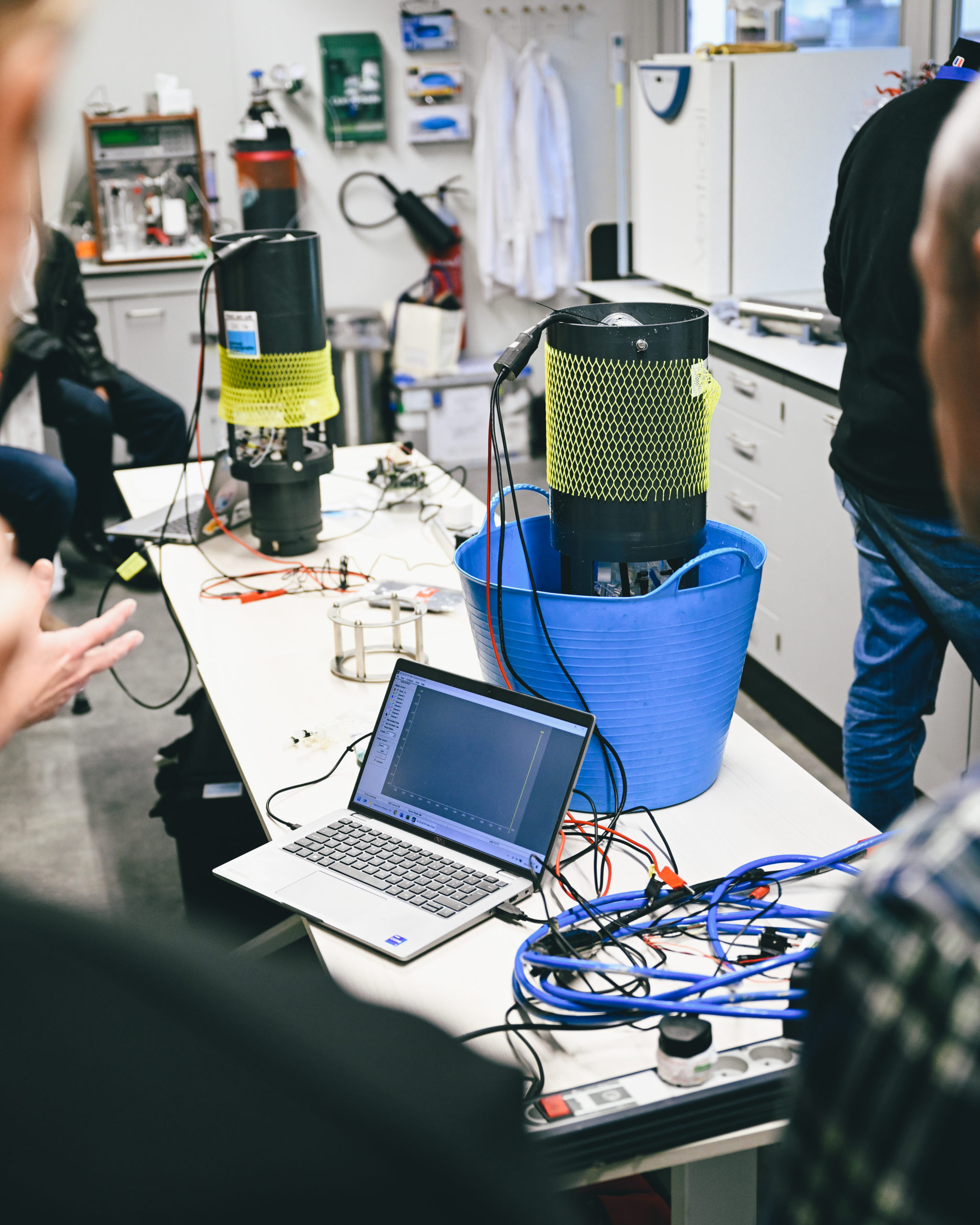
Q&A with tech developers: Total Alkalinity & Dissolved Inorganic Carbon sensors by National Oceanography Centre (NOC)
In this third part of this Q&A series, we interviewed Allison Schaap, Research Engineer at the National Oceanography Centre (NOC), who has worked on developing new autonomous sensors for total alkalinity and dissolved inorganic carbon. These sensors are currently the only ones that can measure carbon down to the bottom of the sea. Read below
-
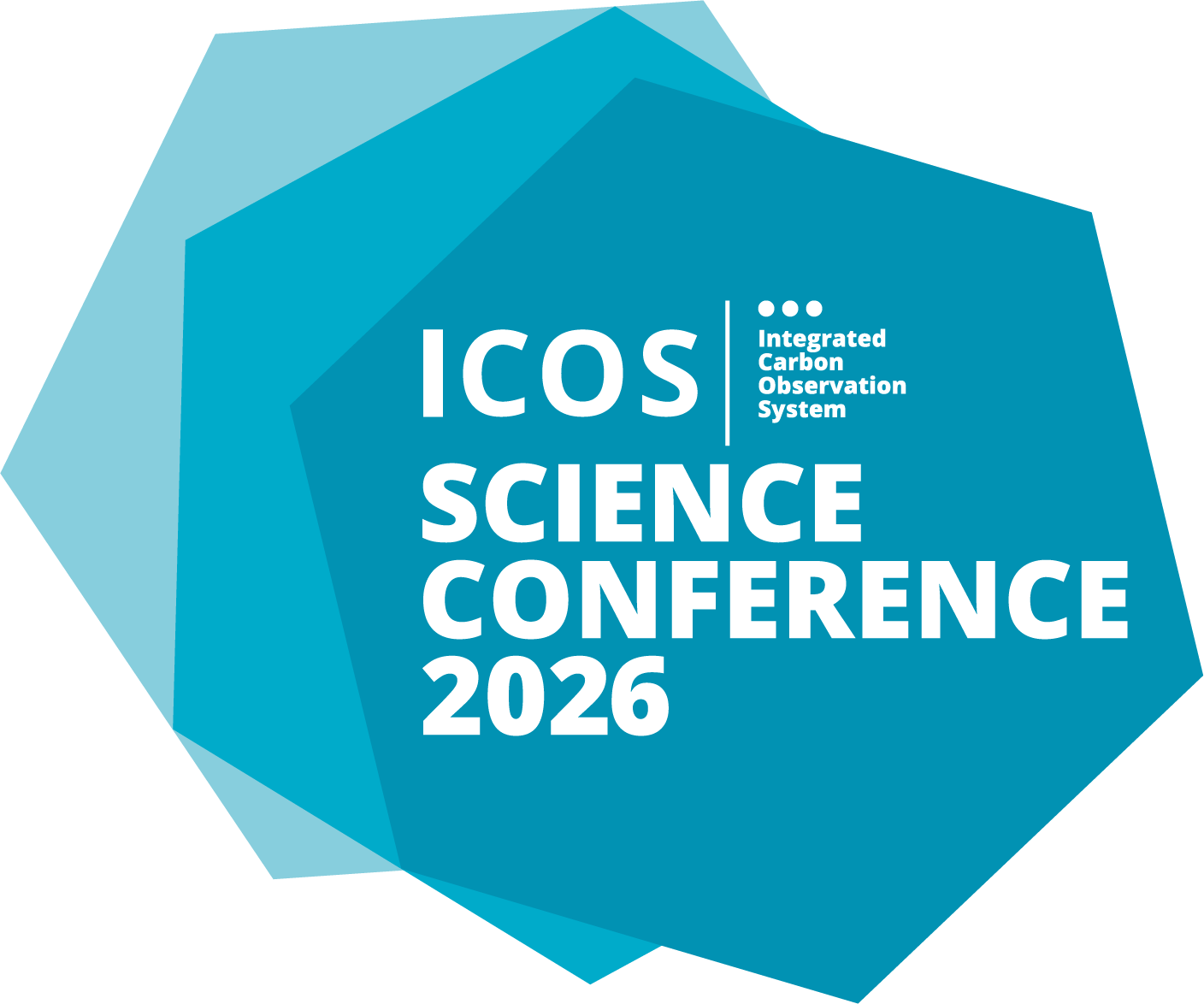
GEORGE at ICOS Science Conference 2026
GEORGE will be at the ICOS Science Conference 2026, taking place on 15–17 September 2026 in Lund, Sweden and online. We are convening a dedicated session on “Advancing marine CO₂ observations through next-generation sensors, integration and platform innovation.” The session brings together research infrastructures, projects and institutes working on autonomous marine CO₂ observations, from novel
